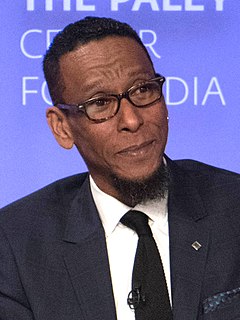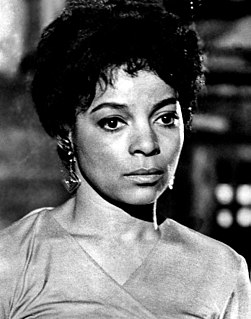A Quote by Ron Cephas Jones
I've always loved Harlem and its communities.
Quote Topics
Related Quotes
Sara Blair's Harlem Crossroads is an important addition to the body of literature that currently exists about Harlem. It brilliantly illuminates the complex relationship between photographic representation and race, and adds new insight into the ways in which this one black community has figured in both the critical and public imaginations. Harlem Crossroads is a tour de force.
I've always loved horror, I've always loved collecting, I've always loved weird and macabre things, and I've always loved conventions. So what could be better than having your own Fear FestEviL where all those great and crazy things can be enjoyed by like-minded people under one pretty cool roof? Nothing!
Liberals believe that crime is inextricably linked with poverty. In reality, most poor people never resort to crime, and some wealthy people commit evil acts to enrich themselves further. Harlem, East Los Angeles, the South side of Chicago are not the poorest communities in the United States. According to a new U.S. Bureau of the Census report, the poorest communities are Shannon County, South Dakota, followed by Starr, Texas, and Tunica, Mississippi. Have you ever heard of these residents rioting to protest their living conditions?


































